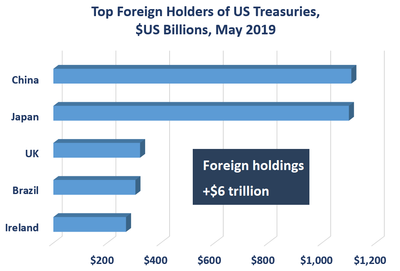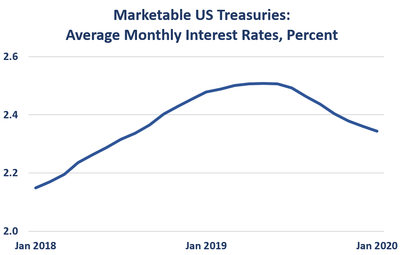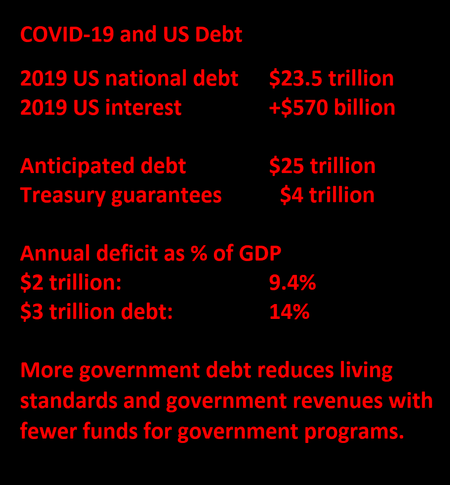US Coronavirus Conflict With China: The Hill
US Coronavirus Conflict With China: The Hill
Read the article from the Hill about the need for US and Chinese cooperation on COVID-19.
Stephen S. Roach is a senior fellow at Yale University’s Jackson Institute of Global Affairs. He previously was chairman of Morgan Stanley/Asia and chief economist of the New York-based investment bank. He is the author of Unbalanced: The Codependency of America and China (2014).
Daniel J. Arbess, CEO of New York-based Xerion Investments, is an investor, entrepreneur and policy analyst who has focused on geo-economic developments of the last three decades, including the market transition from communism in Eastern Europe and China, the 2008-2009 market recovery, and the social, economic and medical solutions offered by data analytics. He is a member of the Council on Foreign Relations and the Atlantic Council and a co-founder of No Labels, which promotes bipartisan solutions in American politics.

(Source: 24/7 Wall St)

Foreign governments hold about 30 percent of US Treasuries; read about why China buys US Treasuries (Source: TreasuryDirect)

(Source: CNBC, The Balance)